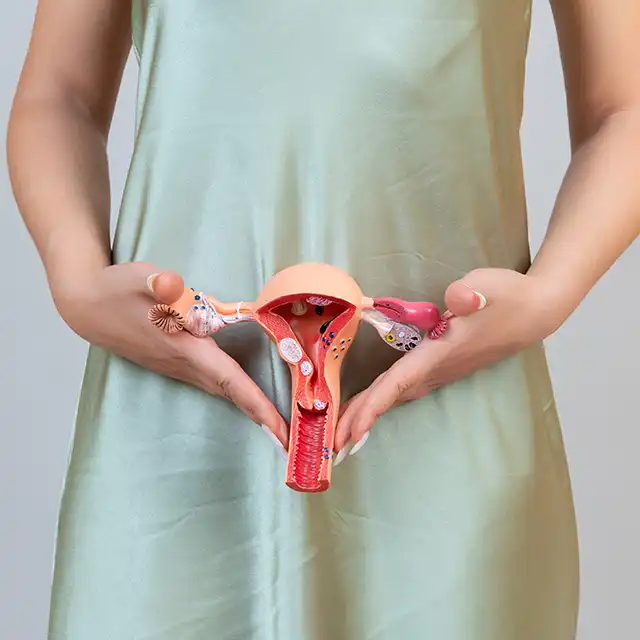
A cough, also called tussis, is a reflex of the body to dislodge an irritant in the throat or air passage. The irritant or object can be smoke, mucus, excess water or even a piece of food.
A cough disperses microbes like viruses, which are present in the droplets that are expelled, and which transmit from one person to another.
A cough can be wet or dry. A wet cough is accompanied by mucus, and a dry cough does not bring up mucus but feels more like an irritation in the throat.
Frequent coughing among children can be caused by:
Bronchiolitis – a mild viral infection of the lungs causing cough and wheezing.
Paroxysmal cough – occurs intermittently and is uncontrollable. It is accompanied by vomiting.
Pertussis or whooping cough – is caused by a bacterial infection that leads to violent coughing episodes. It is especially risky in babies and may be fatal. It can be prevented by vaccination.
Croup or barking cough – is a viral infection that causes irritation and swelling of the upper airway. It is typically seen in children below the age of five.
Symptoms
Cough by itself is a symptom and may require no treatment if it is an acute bout of reflex cough, which is a reaction to an irritant in the throat and airway.
If the cough is persistent and uncontrollable, it might require medical care. Usually this is accompanied by other symptoms like:
- Difficulty in breathing
- Fever and chills
- Thick sputum or mucus which is yellow or green and contains blood
- Vomiting
- Chest pain
- Choking sensation
Choking on something, or any obstruction to the airway may have the following signs:
- The skin turns blue followed by loss of consciousness
- An inability to speak, or odd noises while breathing
- Panic
Causes
The characteristics of a cough including its duration and severity give indications of the underlying cause.
Acute cough is usually a symptom of an upper respiratory tract infection like a flu attack, common cold or sometimes due to pollutants in the air.
When coughing is irregular or chronic, it may be due to conditions like:
- Smoking
- Asthma
- Chronic bronchitis and pneumonia
- Post-nasal drip – the nose and sinuses produce mucus to help trap microbes and foreign particles. When the mucus produced is excessive or too thick, it may start dripping down the throat, causing a cough and sore throat
- Gastroesophageal reflux disease (GERD) – Sometimes excessive gastric acid washes back up till the throat, causing irritation and cough
- COVID-19, and long COVID (unexplained, recurring symptoms)
- Heart failure
- Certain medicines like ACE (Angiotensin-converting enzyme) inhibitors, which are prescribed for high blood pressure
- Tumour of the lungs
- Tuberculosis
Diagnosis
Most cases do not require any special diagnostic test. When there is suspicion of something serious, a few tests may be performed. These include:
- Chest X-ray
- Mucus or phlegm culture to determine an infection
- Spirometry helps to determine how effectively the lung is functioning. It measures the airflow which goes in and out of your lungs
- Other lung function tests may be done if there is chronic cough
Treatment
Most of the time, a coughing episode requires no special attention. But the following steps help to provide relief:
- Rest and plenty of fluids
- Painkillers may be taken if needed
- Viral infections usually run their course, and the cough clears in a week or two
- Honey is a good home remedy that soothes the throat and reduces irritation
- Cough suppressants are given for dry cough to suppress the cough reflex
- Expectorants loosen the mucus and facilitate bringing it up for easy ejection
But treating the underlying cause of a persistent cough is important. This can include:
- Quitting smoking
- Substituting medicine by your doctor that has no side effects such as cough
- Inhalational steroids advised by your doctor for inflammation due to asthma
- Antihistamine medicines directed by your doctor to reduce the effects of allergic reactions
- Antibiotics prescribed by your doctor to manage infections
- Antacid tablets and syrups directed by your doctor to curb and neutralise gastric acid
- The use of bronchodilators that relax and widen the bronchi prescribed by your doctor to manage COPD or congestive obstructive pulmonary disease
Sources:
1.https://www.lung.org/lung-health-diseases/warning-signs-of-lung-disease/cough/learn-about-cough
2.https://www.cdc.gov/healthywater/hygiene/etiquette/coughing_sneezing.html
3.https://www.nhsinform.scot/illnesses-and-conditions/lungs-and-airways/cough

















